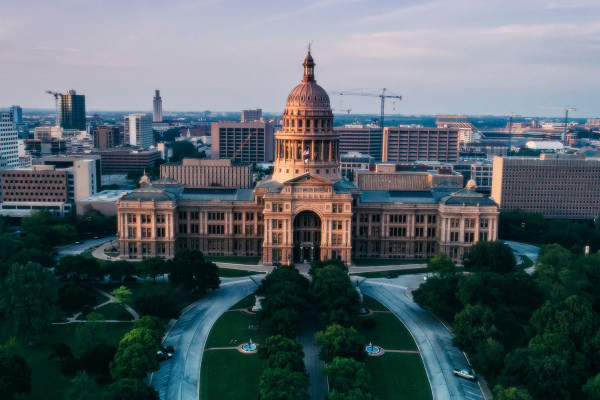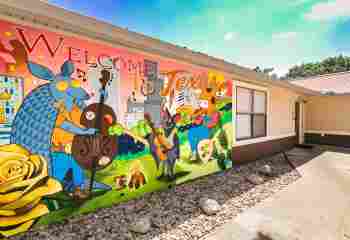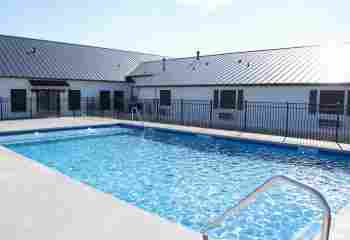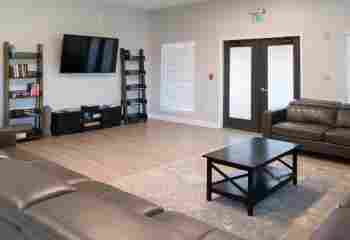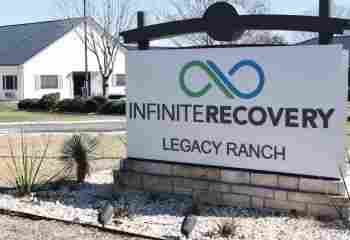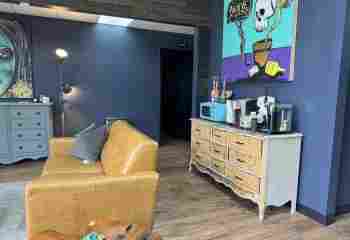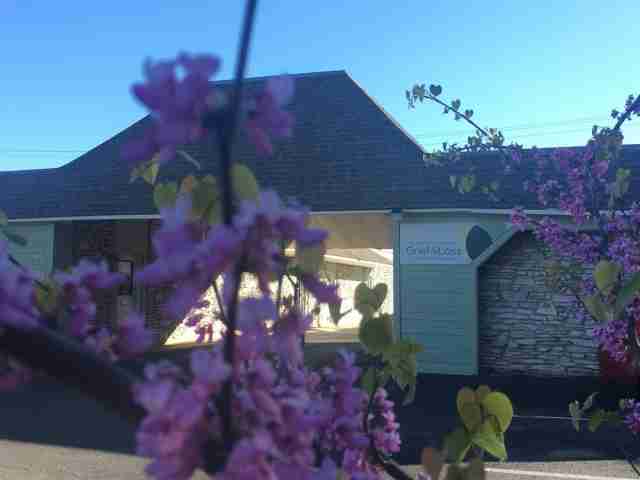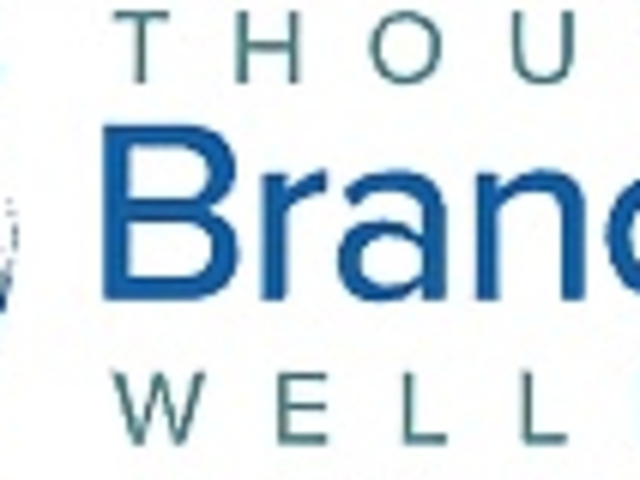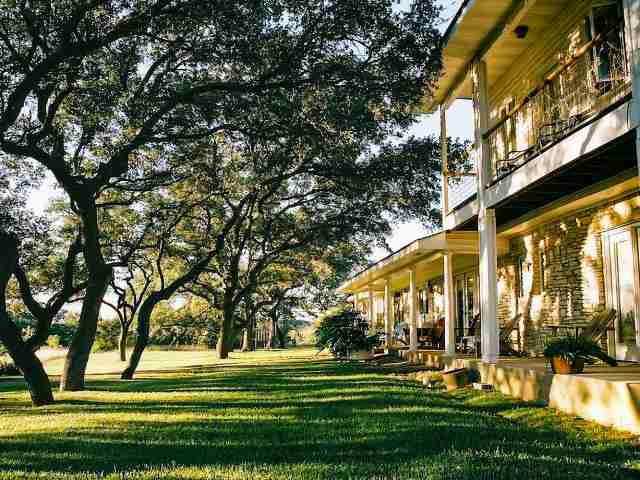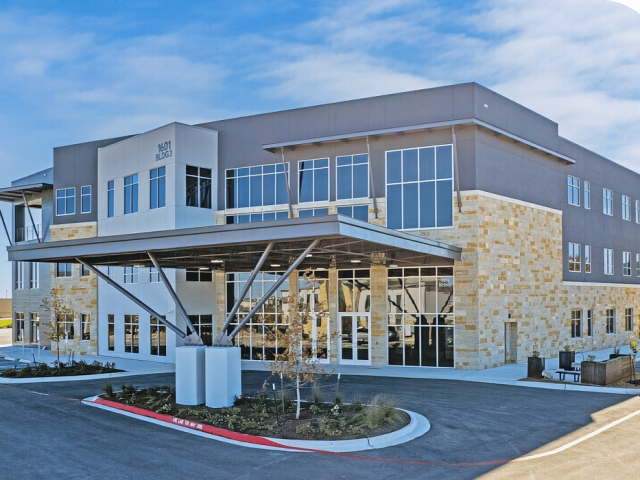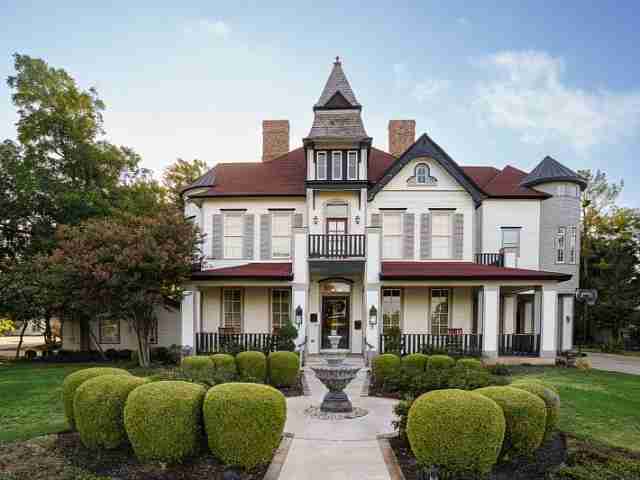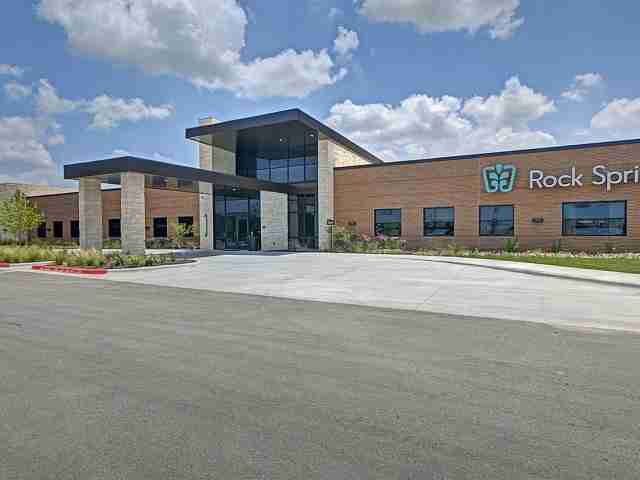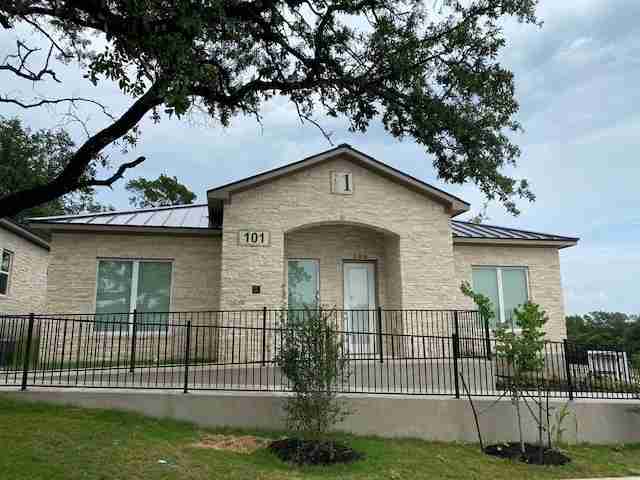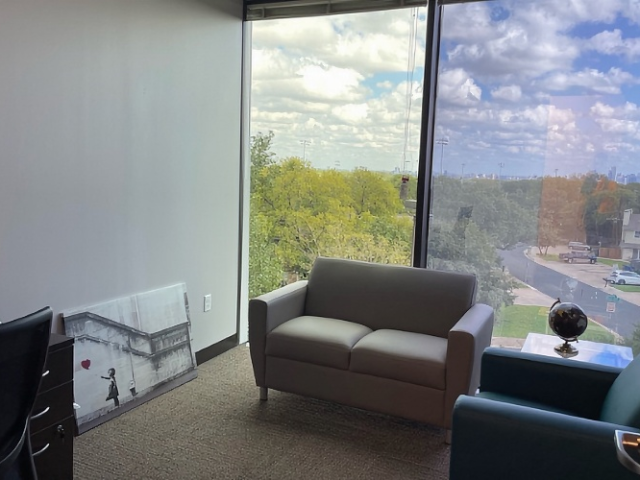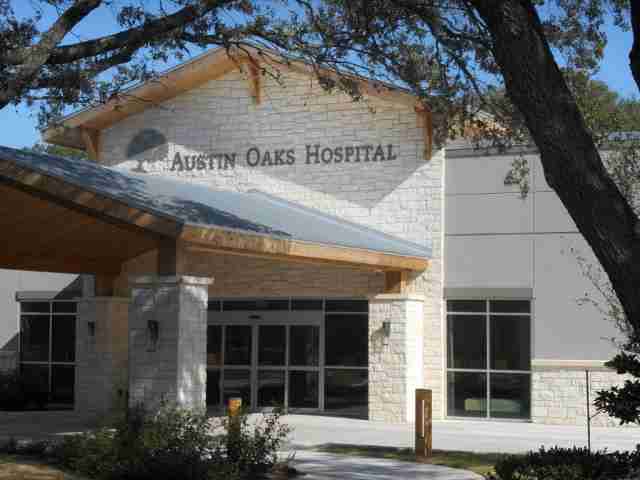More About Treatment Centers for Grief and Loss
Navigating the death of a loved one is an incredibly challenging and deeply personal process. Whether your loved one’s passing was unexpected or following a long illness, grief is a natural and normal response. Everybody grieves differently, and there is no right or wrong way to face this difficult time.
When someone you love passes, their absence can change your day-to-day life and profoundly affect you emotionally and physically. Taking the time to learn about grief’s impact can help normalize how you feel and help you understand when to seek extra support.
Symptoms of Grief and Loss
Grief and loss can manifest in many ways. It is essential to know the 5 stages of grief are not necessarily experienced in a linear way. You may experience them in various combinations throughout your grieving process. The well-known 5 stages of grief are denial, anger, bargaining, depression, and acceptance. Some ways that the 5stages of grief may manifest are:
- Emotional Symptoms - intense sadness, feelings of emptiness, mood swings, irritability, anger, guilt, anxiety, loneliness, numbness
- Physical Symptoms - fatigue, lack of appetite, weight loss or gain, changes in sleep, headaches, aches or pains
- Cognitive Symptoms - forgetfulness, preoccupation with thoughts of your loved one, denial, disbelief, loss of interest in hobbies, activities and life in general
If you are experiencing any of these symptoms or if your symptoms of grief look different than what is listed above, know that they are valid, normal and a natural response to loss. It is important to remember that these feelings will not last forever.
How to Cope with the Death of a Loved One
While there are no rules to how you experience and move through grief, there are some general coping strategies that can help move you toward healing.
First, allow yourself to experience and express your emotions about losing your loved one. Daily responsibilities may pressure you to move on quickly. However, healing takes time, and it is necessary to show yourself compassion and patience as you work through grief in your own way.
Second, it is important to seek support from friends, family or support groups. Finding people you trust who listen well, ask questions and encourage you to share your memories can offer comfort along the way.
Third, take good care of yourself physically and emotionally as you go through this season of grief. Getting enough sleep, eating well and engaging in activities that bring pockets of peace into your day are all necessary. Finding outlets for your emotions can help you channel them in appropriate ways.
Questions To Ask Your Provider
As you begin to seek support for grief, it may benefit you to have a constructive and open conversation with your healthcare provider. Some questions that may be beneficial to have answered include:
- What are the stages of grief and where do I fall on that spectrum?
- Is my grief normal?
- Is my grief impacting my physical health?
- Is medication an option to help me cope?
- What resources do you recommend?
When to Seek Professional Help for Grief
While grief is a natural response to loss, there are certain situations that may call for professional help.
- Intense or prolonged grief: It is normal to grieve for a while after losing someone you love, however if your symptoms stay at the initial intensity level for longer than 6 months, you may benefit from consulting with a mental health professional. This is especially true if your symptoms impact your daily functioning, ability to maintain relationships, functioning at work or school or taking care of yourself.
- Suicidal thoughts or self-harming behaviors: If you are expressing thoughts of suicidal ideation or self-harm, seek immediate professional help or contact a helpline in your community. If you are actively experiencing suicidal thoughts, call the 988 suicide lifeline where you can get free and confidential support from a professional or 911 if you’re in immediate danger.
- History of mental health diagnoses: If you have depression, anxiety or other mental health conditions, you may be more susceptible to experiencing prolonged grief. Seeking professional help through counseling, outpatient treatment or even residential treatment can help you cope with your loss and also treat your underlying mental health condition.
Levels of Care for Grief and Loss
- Individual Therapy - One-on-one sessions with a mental health provider focused on exploring your grief and loss. Counselors can provide support, guidance and coping skills.
- Group Therapy - Very similar to other support groups, you will participate in therapy sessions with others who have had similar experiences.
- Outpatient program - Structured to provide more intensive support - multiple therapy sessions per week (individual and group).
- Inpatient program - When grief and loss are severe and accompanied by other mental health disorders, you may require residential care. Inpatient care usually provides round-the-clock medical care and intensive therapy for several weeks to months.
Within these programs, grief counselors will facilitate individual and group therapy that will include a combination of research-backed therapies and more creative/holistic therapies like:
- Art, music, drama therapy - These therapies give you alternative ways to express your emotions and heal, especially if you have trouble verbalizing your thoughts.
- Narrative therapy - This therapy helps you create a meaningful narrative of your loss. By encouraging you to tell your story, you are given opportunities to reframe the parts that are difficult or do not serve you.
- Journaling and writing therapy - Mental health counselors may encourage journaling as a therapeutic outlet.
- Interpersonal therapy - This therapy addresses the impact of the loss on your relationship dynamics by helping you improve your communication.
The therapies that are used to treat your grief should be based on your individual needs and interests. You will likely benefit from a combination of different therapies.
If you’re at all unsure about the state of your mental health and how grief has impacted your mental state, it is crucial to reach out for help. Professionals can provide appropriate support and guidance tailored to your specific situation. With one foot in front of the other, support from the right people and individualized treatment, life will get better and you will be able to integrate your loss into your current life.






